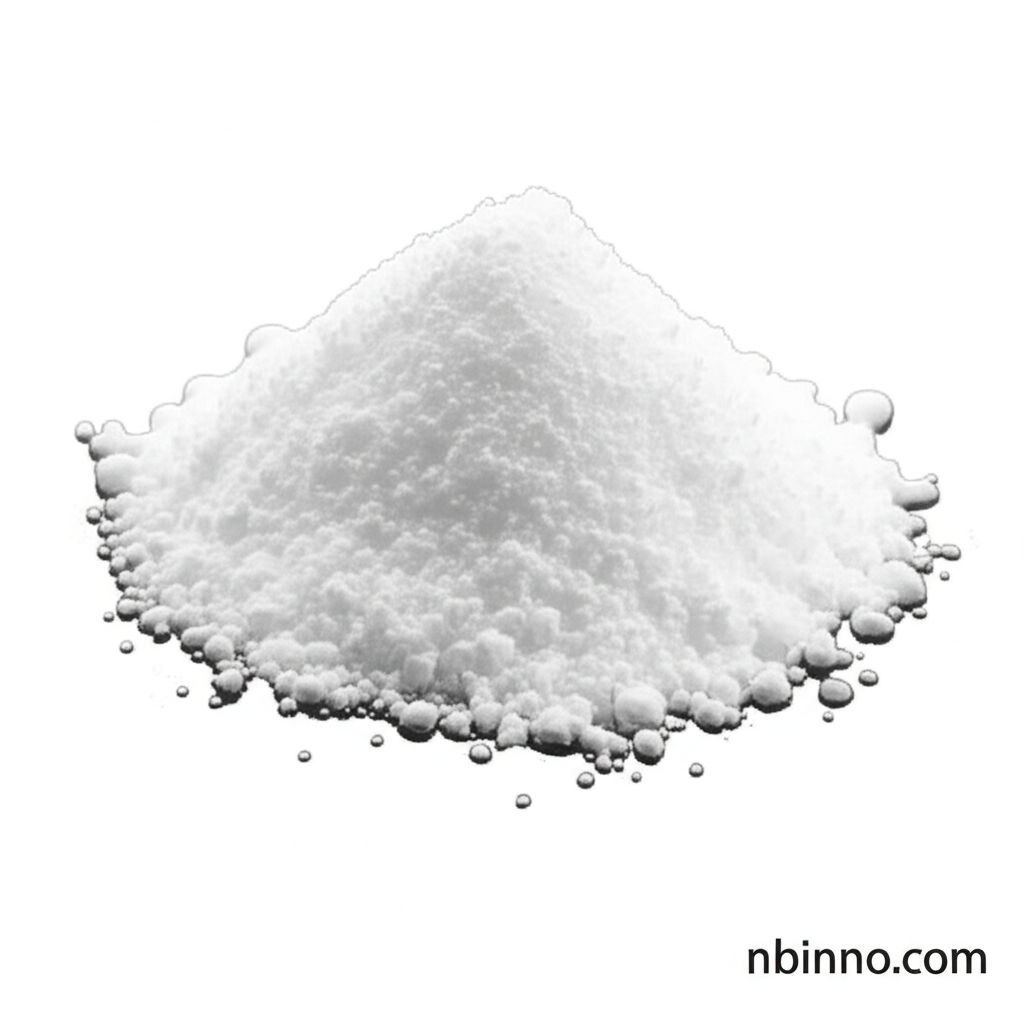5-Aminolevulinic Acid Hydrochloride: Enhancing Plant Growth, Crop Yield, and Quality
Discover how ALA application boosts plant resilience, accelerates ripening, and elevates crop quality through advanced metabolic regulation.
Get a Quote & SampleProduct Core Value

5-Aminolevulinic Acid Hydrochloride
5-Aminolevulinic Acid Hydrochloride (5-ALA HCl) is a critical compound that acts as a precursor in the synthesis of vital molecules like heme and chlorophyll. Research indicates its significant role in enhancing plant growth, improving tolerance to various abiotic stresses, and boosting overall crop yield and quality. This compound has demonstrated efficacy in agricultural applications, particularly in improving plant physiology and fruit development. By optimizing plant metabolic pathways, 5-ALA HCl offers a promising avenue for sustainable agriculture.
- Introduction to ALA's role: Understanding the importance of 5-aminolevulinic acid in plant growth and development is key to unlocking its agricultural potential.
- Impact on Lentils: Studies show that applying 5-ALA HCl to lentils under drought stress conditions significantly improves plant height, pod development, seed yield, and enhances the plant's ability to tolerate stress by regulating photosynthetic pigments and antioxidant enzymes.
- Benefits for Tomatoes: For tomatoes, exogenous ALA application promotes fruit coloration, accelerates ripening, and enhances nutritional quality, including soluble sugar, vitamin C, and amino acid content.
- Carotenoid Metabolism: Research highlights that ALA application boosts carotenoid accumulation in tomatoes by regulating gene expression related to lycopene synthesis and metabolism, thereby improving fruit appearance and health benefits.
Key Advantages
Enhanced Plant Growth
Leveraging 5-aminolevulinic acid for plant growth regulation leads to improved plant height and biomass, directly impacting overall crop yield potential.
Improved Stress Tolerance
ALA application bolsters plant resilience against environmental stressors like drought, ensuring more stable yields even in challenging conditions.
Superior Crop Quality
Achieve better fruit coloration and enhanced nutritional profiles, as demonstrated by ALA's positive effects on carotenoid accumulation and sugar content in fruits.
Key Applications
Agriculture
Utilize 5-aminolevulinic acid as a biostimulant to boost crop yield and plant health across various agricultural settings.
Horticulture
Enhance the quality, color, and ripening of fruits and vegetables through targeted ALA treatments for premium produce.
Stress Management
Improve plant tolerance to abiotic stresses such as drought and salinity by integrating ALA into crop management practices.
Nutritional Enhancement
Increase the nutritional value of crops, including vitamin C and amino acid content, for healthier food products.
